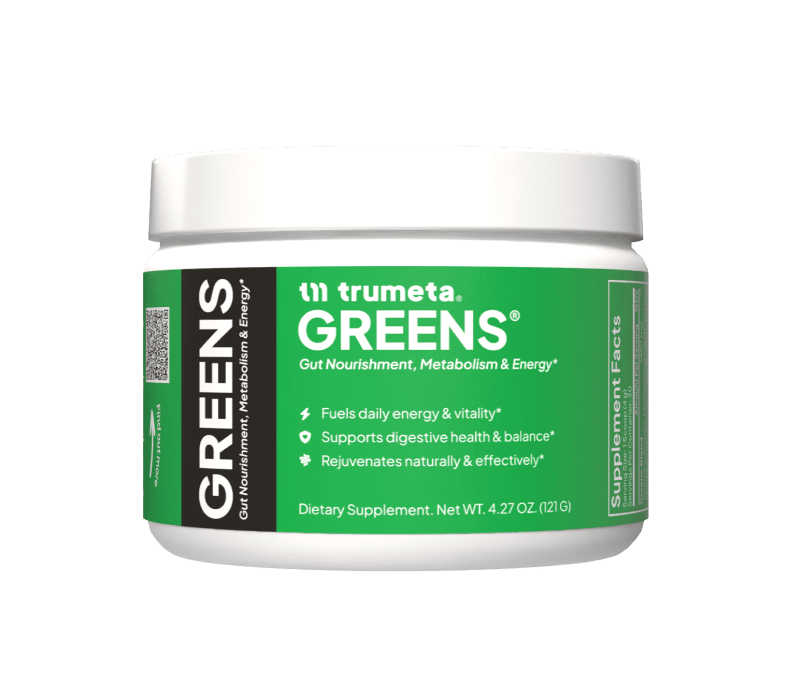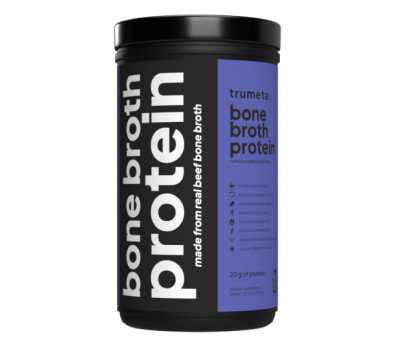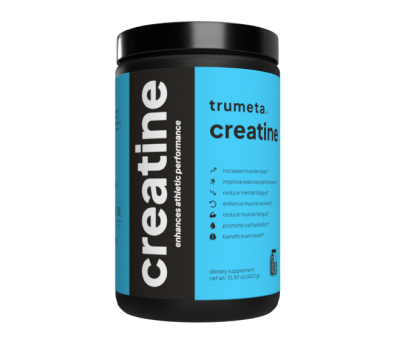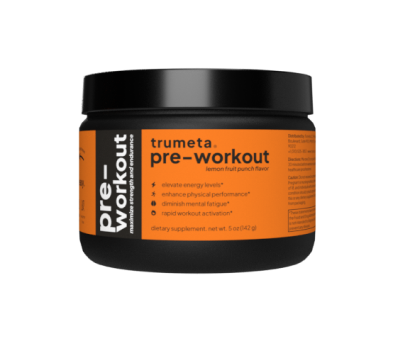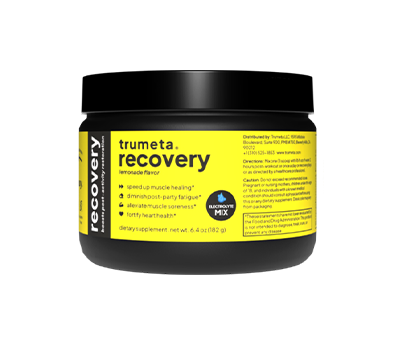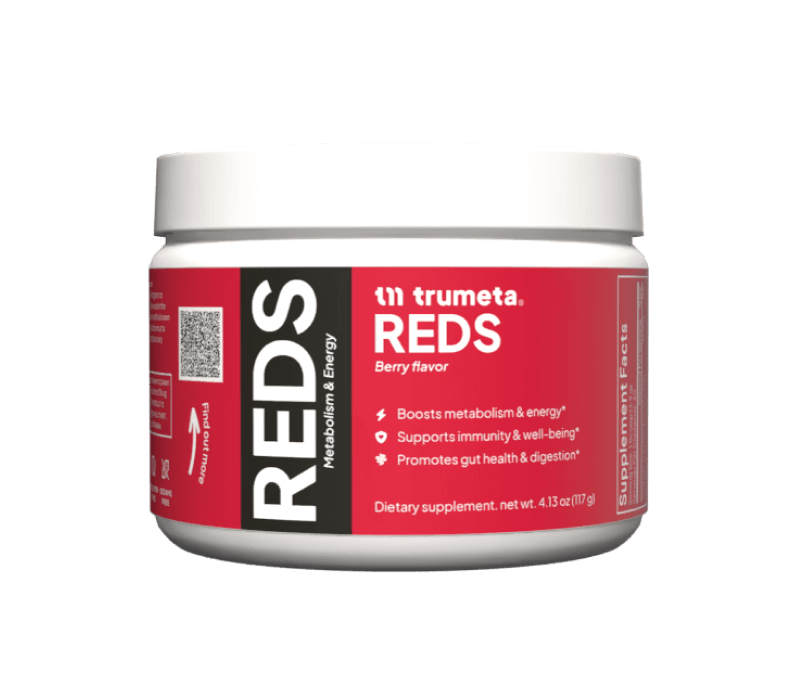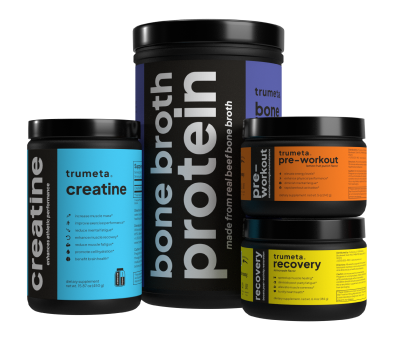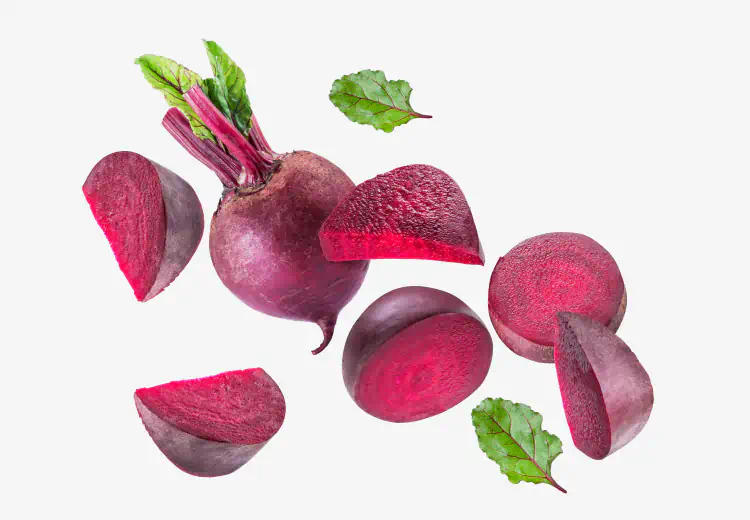


Organic beetroot:
Benefits for energy & endurance
Organic beetroot stands out with its deep ruby color and earthy sweetness, grown without synthetic chemicals or pesticides. This vibrant root vegetable packs an impressive nutritional punch while supporting sustainable farming practices. From boosting athletic performance to supporting heart health, organic beetroot offers a wide range of benefits for active individuals and health enthusiasts alike.
Whether enjoyed roasted, juiced, or in powder form, this versatile vegetable delivers natural energy support through its unique nutrient profile. The distinctive flavor and stunning color make organic beetroot an exciting addition to countless dishes, while its functional benefits provide tangible support for everyday vitality and endurance.
Benefits of Organic Beetroot
The impressive nutritional profile of organic beetroot translates into tangible health advantages. Grown without synthetic chemicals, this root vegetable delivers clean nutrition that supports multiple body systems.
Supports Heart Health
Organic beetroot contains naturally occurring dietary nitrates that convert to nitric oxide in the body. This compound helps relax blood vessels, improving blood flow and potentially supporting healthy circulation pressure levels.
The unique combination of nitrates and antioxidants in beetroot works together to support cardiovascular function. Regular consumption as part of a balanced diet contributes to overall heart health through these natural pathways.
Boosts Athletic Performance
Athletes and fitness enthusiasts often turn to organic beetroot for its performance-supporting properties. The nitrates found in beetroot improve oxygen utilization during exercise, potentially enhancing endurance and delaying fatigue during physical activity.
Research suggests that consuming beetroot before workouts may improve stamina and exercise efficiency. Many athletes incorporate organic beetroot powder or juice into their pre-workout routine to maximize these natural benefits without artificial additives.
Rich in Antioxidants
The vibrant color of organic beetroot signals its high content of betalains, powerful plant compounds with antioxidant properties. These natural pigments help neutralize free radicals that can damage cells and contribute to oxidative stress.
Betalains belong to a unique class of antioxidants not widely found in other vegetables. Their distinctive properties complement other antioxidants in your diet, providing a more comprehensive approach to cellular protection when consumed regularly as part of varied nutrition.
Promotes Detoxification
Organic beetroot supports the body's natural cleansing processes with compounds that aid liver function. The betalains and fiber in beetroot work together to support the elimination of toxins and waste products.
The betaine compound in beetroot helps protect liver cells while supporting their natural detoxification pathways. Including organic beetroot in your diet provides gentle support for these essential bodily processes without harsh effects.
Improves Digestive Health
The fiber content in organic beetroot promotes healthy digestion and regularity. This natural plant fiber feeds beneficial gut bacteria while supporting smooth digestive transit.
A single serving of beetroot provides significant dietary fiber, contributing to daily intake goals. The combination of soluble and insoluble fiber works together to maintain digestive comfort and function when consumed as part of a balanced diet.
Forge Your Victory
Key nutrients
Organic beetroot delivers an impressive array of nutrients that contribute to its functional benefits. This root vegetable packs substantial nutritional value into every serving.
Nitrates
The naturally occurring nitrates in organic beetroot convert to nitric oxide in the body, supporting healthy blood flow and circulation. These compounds give beetroot its performance-enhancing and heart-supporting properties.
Unlike artificial nitrates used as preservatives, the natural nitrates in beetroot exist alongside antioxidants and fiber that support overall health. This synergistic combination creates benefits greater than the sum of its parts.
Betalains
The vibrant red-purple color of beetroot comes from betalains, powerful plant pigments with antioxidant properties. These compounds help protect cells from oxidative damage while supporting natural inflammatory balance.
Betalains exist in two main forms in beetroot: betacyanins (red-purple) and betaxanthins (yellow). Together, they create a unique antioxidant profile not commonly found in other vegetables, making organic beetroot a valuable addition to a varied diet.
Fiber
Organic beetroot provides both soluble and insoluble fiber, supporting digestive health and regularity. This natural plant fiber helps maintain steady blood sugar levels and contributes to feelings of fullness after meals.
A single cup of beetroot delivers approximately 3.8 grams of fiber, making a significant contribution to the recommended daily intake. This fiber content supports gut health by nourishing beneficial bacteria in your digestive system.
Vitamin C
Though not as well-known for vitamin C as citrus fruits, organic beetroot provides a notable amount of this essential nutrient. Vitamin C supports immune function and collagen production while acting as an antioxidant in the body.
The vitamin C in beetroot works alongside its other antioxidants for comprehensive cellular protection. This water-soluble vitamin also supports iron absorption from plant foods, making beetroot a helpful addition to plant-based meals.
Potassium
Organic beetroot contains significant potassium, an electrolyte mineral that supports muscle function and fluid balance. This essential nutrient works with sodium to regulate blood pressure and support cardiovascular health.
A cup of beetroot provides approximately 442 mg of potassium, contributing meaningfully to daily requirements. Regular consumption helps maintain optimal levels of this vital mineral that many people don't get enough of through diet alone.
Folate
Beetroot stands out as a good plant source of folate (vitamin B9), essential for cell division and DNA synthesis. This B vitamin plays a crucial role in red blood cell formation and supports overall energy metabolism.
The natural folate in organic beetroot offers bioavailability advantages over synthetic forms. Including beetroot in your diet supports healthy folate levels through whole-food nutrition rather than isolated supplements.
How to Use Organic Beetroot?
Incorporating organic beetroot into your diet offers both culinary enjoyment and nutritional benefits. This versatile root vegetable adapts to numerous preparation methods and recipes.
Fresh organic beetroot requires minimal preparation but delivers maximum nutrition. Simply scrub the roots thoroughly, trim the ends, and prepare according to your recipe. For the highest nutritional value, cook beetroot with the skin on, then peel after cooking to preserve nutrients.
Try these practical ways to enjoy organic beetroot:
- Roast whole beetroots wrapped in foil until tender for natural sweetness
- Grate raw beetroot into salads for color, crunch, and nutrition
- Blend into smoothies with berries to complement the earthy flavor
- Juice with apples and ginger for a refreshing pre-workout drink
- Pickle sliced beetroot for a tangy, shelf-stable option
- Add diced beetroot to soups and stews for color and nutrients
- Spiralize raw beetroot for vibrant noodle alternatives
For convenience without sacrificing nutrition, organic beetroot powder offers a concentrated form that's easy to incorporate into daily routines. Add a tablespoon to smoothies, yogurt, or oatmeal for a nutritional boost with the performance benefits of beetroot.
Athletes and active individuals often prefer organic beetroot supplement forms for consistent nitrate intake to support performance. These concentrated options provide the functional benefits of beetroot in convenient formats for pre-workout consumption.
Store fresh beetroot in the refrigerator's crisper drawer, unwashed, with the greens removed. Properly stored, they'll keep for 2-3 weeks. Cooked beetroot stays fresh for up to 5 days refrigerated in an airtight container.
Nutritional Information
Organic beetroot offers impressive nutritional value with minimal calories, making it an excellent addition to a balanced diet. Here's a detailed breakdown of what you'll find in one cup (136 grams) of cooked organic beetroot slices:
- Calories: 75
- Protein: 2.8 grams
- Carbohydrates: 16.9 grams
- Fiber: 3.8 grams
- Natural Sugars: 13.5 grams
- Fat: 0.2 grams
- Water Content: 87% by weight
This serving delivers an impressive array of essential vitamins:
- Folate (B9): 148 mcg (37% of daily value)
- Vitamin C: 6.7 mg (11% of daily value)
- Vitamin B6: 0.1 mg (5% of daily value)
- Thiamin (B1): 0.04 mg (3% of daily value)
- Riboflavin (B2): 0.04 mg (3% of daily value)
- Vitamin A: 45 IU (1% of daily value)
The mineral content in a cup of organic beetroot includes:
- Potassium: 442 mg (13% of daily value)
- Manganese: 0.4 mg (20% of daily value)
- Copper: 0.1 mg (11% of daily value)
- Magnesium: 31.4 mg (8% of daily value)
- Phosphorus: 54.4 mg (5% of daily value)
- Iron: 1.1 mg (6% of daily value)
- Zinc: 0.5 mg (3% of daily value)
The nutritional profile may vary slightly based on growing conditions and preparation methods. Cooking beetroot gently helps preserve its nutrients, while juicing concentrates certain compounds like nitrates.
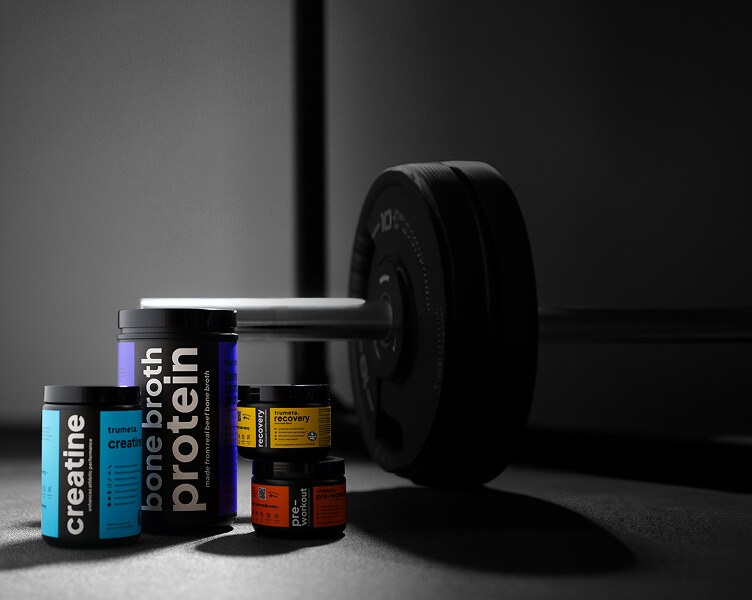


Strength isn't given.
It's earned.
Every rep. Every set. Every scoop.
Frequently asked questions
References
Is organic beetroot powder good for you?
Organic beetroot powder concentrates the nutrients and nitrates found in fresh beetroot, supporting circulation and exercise performance. It provides a convenient way to get beetroot's benefits without preparation time. Look for pure powder without additives for maximum quality.
Does beetroot need to be organic?
While conventional beetroot offers nutrients, organic varieties avoid synthetic pesticides and fertilizers. Beetroot absorbs compounds from soil efficiently, making the organic option preferable when available. If choosing conventional, wash thoroughly to reduce potential residues.
What is organic beetroot powder good for?
Organic beetroot powder supports athletic performance by improving oxygen utilization during exercise. It promotes healthy circulation through its natural nitrate content and provides antioxidant benefits. Many use it pre-workout or as a daily supplement for heart and energy support.
Health benefits of beetroot. (n.d.). WebMD. https://www.webmd.com/diet/health-benefits-beetroot
Apd, D. C. (2023). Everything to know about the Health Benefits of Beets. Healthline. https://www.healthline.com/nutrition/benefits-of-beets
Clinic, C. (2025). Can beetroot powder improve athletic performance? Cleveland Clinic. https://health.clevelandclinic.org/beetroot-powder-benefits
Domínguez, R., Et Al. (2017). Effects of beetroot juice supplementation on cardiorespiratory endurance in athletes. A systematic review. Nutrients, 9(1), 43. https://pmc.ncbi.nlm.nih.gov/articles/PMC5295087/
Nirmal, N. P., Et Al.(2023). Betalains protect various body organs through antioxidant and anti-inflammatory pathways. Deleted Journal, 13(3), 1109–1117. https://www.sciencedirect.com/science/article/pii/
Madadi, E., Et Al. (2020). Therapeutic Application of Betalains: a Review. Plants, 9(9), 1219. https://pmc.ncbi.nlm.nih.gov/articles/PMC7569795/
Wang, Y., Et Al. (2022). Effect of two-week red beetroot juice consumption on modulation of gut microbiota in healthy human volunteers – A pilot study. Food Chemistry, 406, 134989. https://www.sciencedirect.com/science/article/pii/S030881462202951X
Van De Walle Ms Rd, G. (2023). 5 Ways nitric oxide supplements Boost your health and performance. Healthline. https://www.healthline.com/nutrition/nitric-oxide-supplements
How to add more fiber to your diet. (n.d.). Mayo Clinic. https://www.mayoclinic.org/healthy-lifestyle/nutrition-and-healthy-eating/in-depth/fiber/art-20043983
Vitamin C. (n.d.). Mayo Clinic. https://www.mayoclinic.org/drugs-supplements-vitamin-c/art-20363932
Dietary potassium and potassium supplements. (n.d.). WebMD. https://www.webmd.com/diet/supplement-guide-potassium
Folate (folic acid). (n.d.). Mayo Clinic. https://www.mayoclinic.org/drugs-supplements-folate/art-20364625
